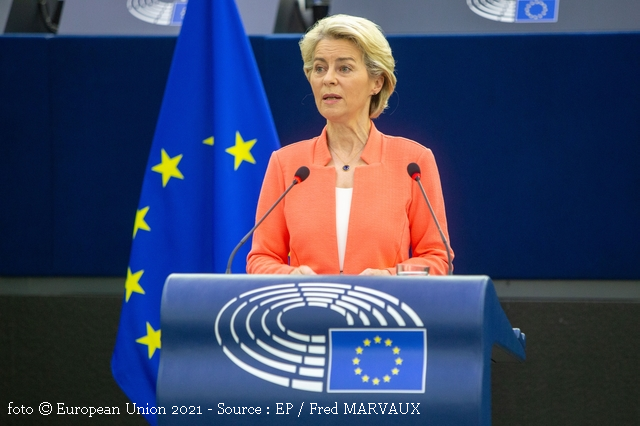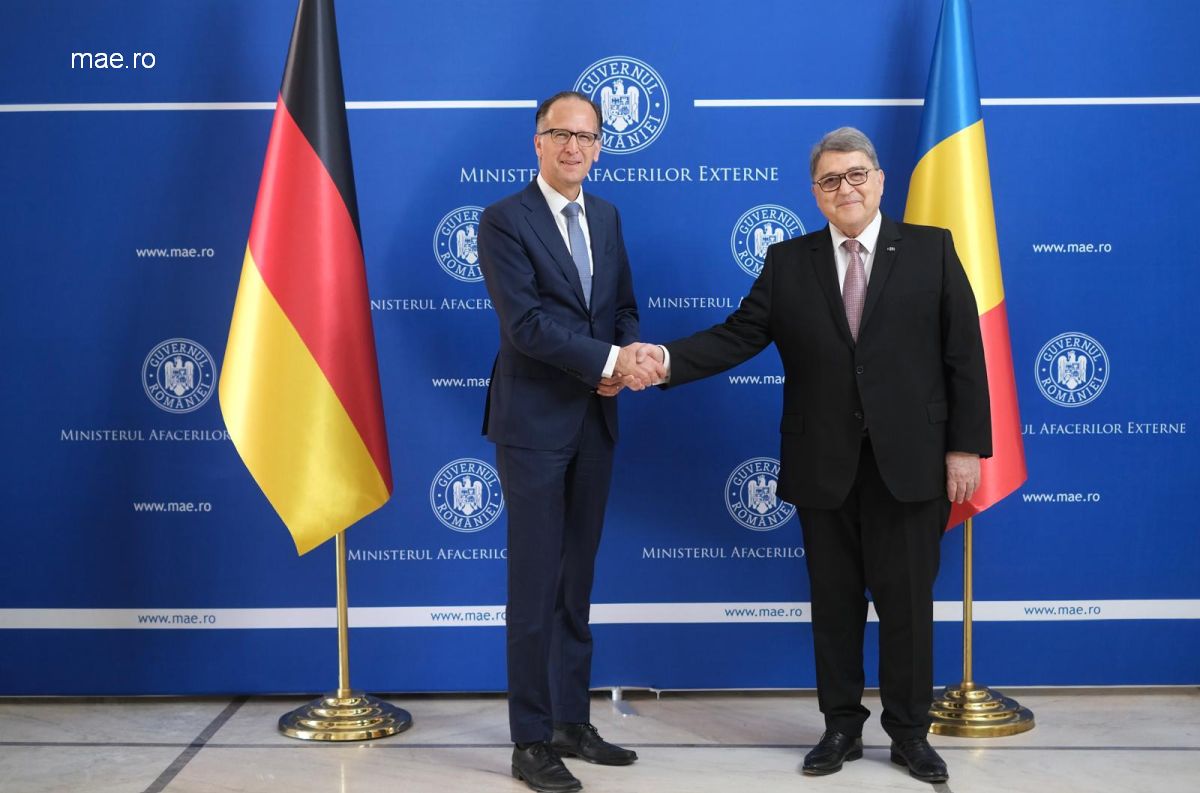The sixth package of sanctions against Russia
The European Commission announced new sanctions against Moscow

Daniela Budu, 05.05.2022, 14:00
Against the
backdrop of the ongoing invasion in Ukraine, the European Union on Wednesday
announced the sixth package of sanctions against Moscow. According to European
Commission president, Ursula von der Leyen, the new package stipulates four
types of sanctions that have to do with deswifting three Russian banks,
including Sberbank, which cover a third of Moscow’s financial dealings. An
additional number of high ranking Russian officials and military involved in
the massacre in Bucha will also be the target of sanctions. The EU has also
banned the broadcast of three Russian channels spreading disinformation across
European space, while European lobbying and consultancy companies will no
longer be allowed to work for the Kremlin. The most important measure has to do
with banning imports of Russian oil. President Von der Leyen warned this will not
be easy for Europe, all the more so as some member states are fully reliant on
Russian pol. Which is why the package provides for a period of transition for
these countries.
Putin must pay a high price for his brutal aggression. Thus, the future of the European Union is
also written in Ukraine. We now propose a ban
on Russian oil. This will be a complete import ban on all Russian oil, seaborne
and pipeline, crude and refined. We will make
sure that we phase out Russian oil in an orderly fashion, in a way that allows
us and our partners to secure alternative supply routes and minimises the
impact on global markets. This is why we will phase out Russian supply of crude
oil within six months and refined products by the end of the year.
According to
Reuters, Hungary, Slovakia, the Czech Republic and Bulgaria have expressed
concern regarding the embargo on Russian oil. The Czech Republic and Slovakia
have asked for a several-year period of exemption allowing them to increase
their oil transport capacity, while Hungary announced it opposes the
Commission’s proposition, saying it might seriously affect its energy security.
In turn, Bulgaria announced it would ask the Commission to apply certain
exemptions in its case regarding the embargo on Russian oil. Conversely,
Germany has agreed to the proposition, warning however that such an embargo
could create difficulties in fuel supply chains, as well as an increase in fuel
prices. Romania’s Energy Minister, Virgil Popescu, expressed solidarity the
Commission’s decision, saying Romania imports 70% of its oil demand, of which
only 30% is imported from Russia. (VP)






























